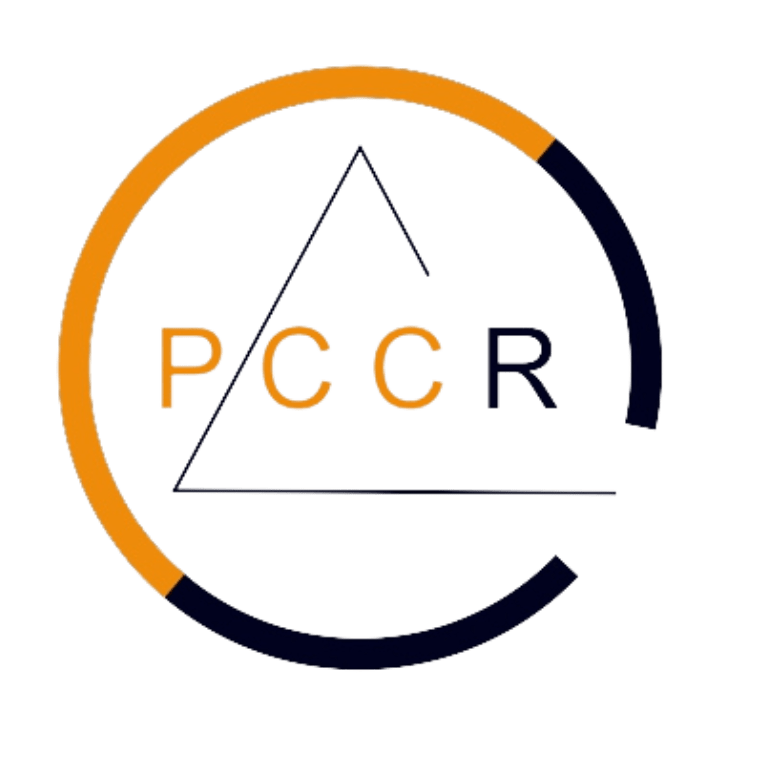PEER REVIEW AND PUBLICATION POLICY
Peer Review Policy:
All submissions to Abhidha Journal of Art, Archaeology and Cultural Heritage are subjected to a peer-review process. Papers/Manuscripts are first reviewed by editors. The editorial office first checks each manuscript for plagiarism. After passing the plagiarism check, manuscripts that are found suitable for review are then sent to two subject experts in the field of the paper. Reviewers of a paper are unknown to each other. Abhidha Journal reserves rights to assign additional reviewers when needed. Generally, all selected reviewers are asked to declare their competing interests, if any. Reviewers are asked to classify the paper as accept, reject or request revisions (minor and major) for the submitted paper/manuscript. Reviewers’ evaluations usually will include an explicit recommendation of what to do with the manuscript. Reviewers’ comments are then seen by the author.
Blind Peer Review by Expert Peer Reviewers:
We send the original, unpublished paper for review to experts in the related field for a blind review process: authors are not told who reviewed their paper and reviewers are not told who wrote the paper. The reviewers give their advice on publication opportunity, together with their observations to the editor, which will transmit them to the authors. If the referents have contrary opinions, the editor may ask the opinion of a third referent. The Editorial Team takes decision after the review is complete.The papers will be primarily tested for plagiarism. If the paper is suspected of plagiarism, it will be automatically rejected. If the paper is accepted we send a notification to the corresponding author who should remit the final format of the accepted manuscript within three working days and authors have to complete all process of copyright agreement.
The Objectives of the Peer Review Process Include:
To assess the quality of the paper before publication, the review decides whether a paper is fit for publication or not to provide expert assessment of the quality and soundness of the submission under review; to provide guidance to the editorial decision-maker in making an informed, fair, and objective decision on whether to accept, accept subject to changes, or reject; to provide guidance to authors on improvements to their submission.
PUBLICATION POLICY
The Abhidha Journal of Art, Archaeology and Cultural Heritage publishes types of original research papers, review papers, and book reviews that are reviewed and judged by the Editorial Board. Abhidha aims to publish original research results while maintaining a rigorous review process. For accepting a manuscript/paper for publication in Abhidha the main criteria are Originality, Quality, Innovation, Critical Analysis and as per aims and ethics of the journal. The author/ authors are solely responsible for submitted research works and the published title / content / theory / image / charts / tables/ or any other data presented in publication. The Publisher or The Managing Editor or Editorial Team does not take any responsibility for any copyright claim or misuse or open access use or indexing or affiliation or approval claim from author/authors or any third party. The authors should note that there is no submission fee to meet the cost of website management charges, server and website update and maintenance, manuscript handling, review process, typesetting, copy-editing, language correction, tagging and indexing of articles, printing, electronic composition and production, hosting the final article on dedicated servers, electronic archiving, office cum admin expenses and other recurring expenses.
PUBLICATION ETHICS
Abhidha aims to ensure that best practice and ethical standards are maintained by journal editors, authors and reviewers. Abhidha editors and reviewers are required to assess manuscripts fairly and maintain confidentiality. Authors must ensure that research submitted to Abhidha journal is their own original work and is not under consideration or accepted for publication elsewhere. Editors and Editorial Board Members/ Reviewers should not use unpublished information disclosed in a submitted manuscript for their own research purposes without the authors’ explicit written consent. Privileged information or ideas obtained by editors as a result of handling the manuscript will be kept confidential and not used for their personal advantage. Editors will recuse themselves from considering manuscripts in which they have conflicts of interest resulting from competitive, collaborative, or other relationships or connections with any of the authors, companies or institutions connected to the papers. In the event that this kind of conflict arises, they will ask another member of the editorial board to handle the manuscript.
PLAGIARISM
Manuscript submissions are checked with anti-plagiarism software for exact or near-exact matches in the public domain to satisfy the editor that the submitted manuscript has not been plagiarised. However, when authors submit their manuscripts for consideration in the Abhidha journal, they declare that their work is not plagiarised. While the Editors makes reasonable efforts to determine the academic integrity of papers published in the journal, the ultimate responsibility for the originality of submitted manuscripts thus lies with the author. Plagiarism takes place when one author deliberately uses another’s work without permission, credit, or acknowledgment. Authors must always remember that crediting the work of others (including the advisor’s or own previous work) is paramount. Authors should always place their work in the context of the advancement of the field and acknowledge the findings of others on which authors have built their research.
SUBMISSION FEE
There is no submission fee for the Abhidha Journal of Art, Archaeology and Cultural Heritage.
PAGE AND COLOUR CHARGES
There are no page or colour charges for the Abhidha Journal of Art, Archaeology and Cultural Heritage.
